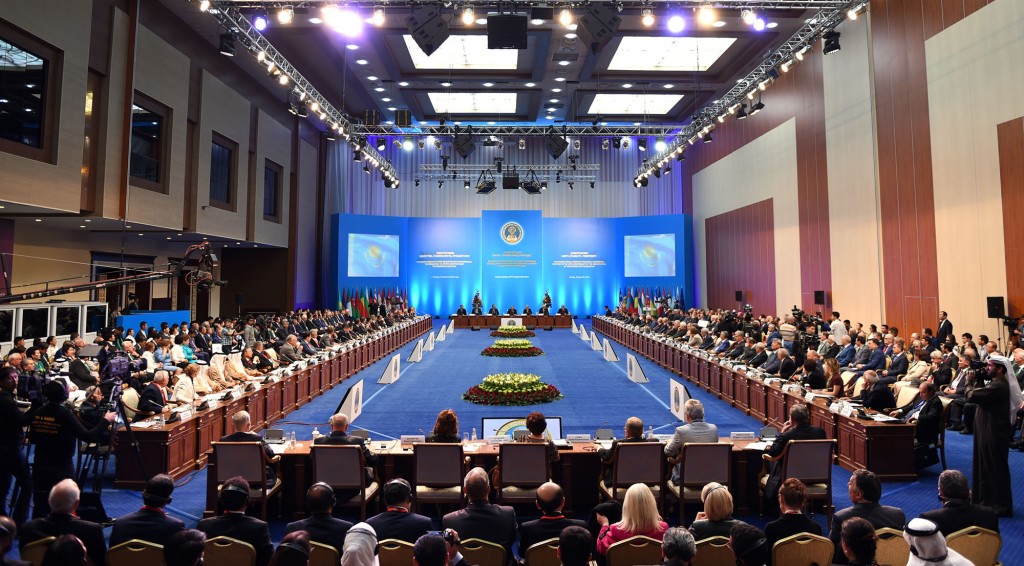 President of Kazakhstan Nursultan Nazarbayev reiterated his suggestion that Kazakhstan brand itself “Land of the Great Steppe” during the Aug. 28 conference “Constitution: unity, stability and prosperity,” dedicated to the 20th anniversary of Kazakhstan’s constitution.
President of Kazakhstan Nursultan Nazarbayev reiterated his suggestion that Kazakhstan brand itself “Land of the Great Steppe” during the Aug. 28 conference “Constitution: unity, stability and prosperity,” dedicated to the 20th anniversary of Kazakhstan’s constitution.
Events and opinions
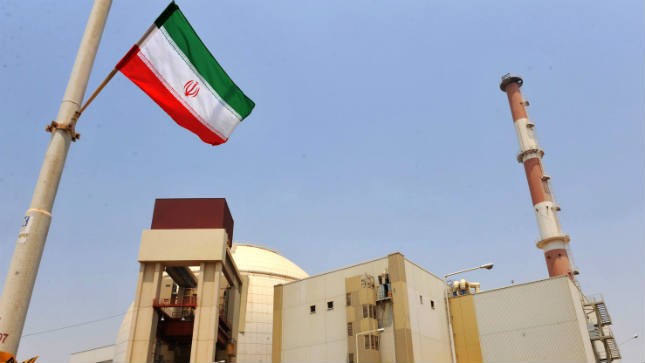 The multinational agreement to prevent Iran from obtaining nuclear weapons is one of the most consequential non-proliferation moments in recent history. One byproduct of the current public debate on the Iran nuclear deal is an improved understanding of how states acquire nuclear weapons and what it takes to stop or dissuade them from taking this fateful step. Accounts of actions taken by Iran and the negotiations of the past several years have served as primers for many observers who had never contemplated what a centrifuge was or fully considered the relationship between nuclear power and nuclear weapons.
The multinational agreement to prevent Iran from obtaining nuclear weapons is one of the most consequential non-proliferation moments in recent history. One byproduct of the current public debate on the Iran nuclear deal is an improved understanding of how states acquire nuclear weapons and what it takes to stop or dissuade them from taking this fateful step. Accounts of actions taken by Iran and the negotiations of the past several years have served as primers for many observers who had never contemplated what a centrifuge was or fully considered the relationship between nuclear power and nuclear weapons.
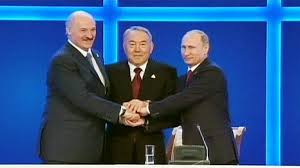 Kazakhstan sent its currency lower last week after businesses complained that Russian companies had flooded domestic markets with cheaper goods. In Belarus, the Eurasian Economic Union’s last founding member, the nation’s trade deficit with Russia widened by a quarter last year.
Kazakhstan sent its currency lower last week after businesses complained that Russian companies had flooded domestic markets with cheaper goods. In Belarus, the Eurasian Economic Union’s last founding member, the nation’s trade deficit with Russia widened by a quarter last year.
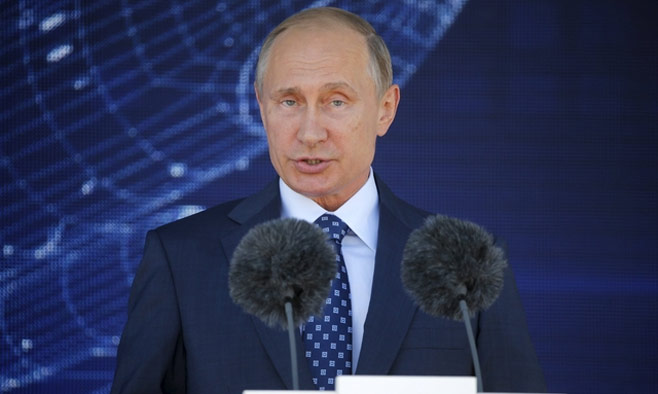 Soon, Muscovites will get to choose the location of an enormous, 24-meter tall monument of Prince Vladimir the Great. They will be able to vote via a smartphone app between three different locations in the capital. Two other options on the ballot, "Experts should decide" and "I don't know," basically mean "Leave it to the authorities." The choice "Don't put it anywhere" is conspicuously absent.
Soon, Muscovites will get to choose the location of an enormous, 24-meter tall monument of Prince Vladimir the Great. They will be able to vote via a smartphone app between three different locations in the capital. Two other options on the ballot, "Experts should decide" and "I don't know," basically mean "Leave it to the authorities." The choice "Don't put it anywhere" is conspicuously absent.
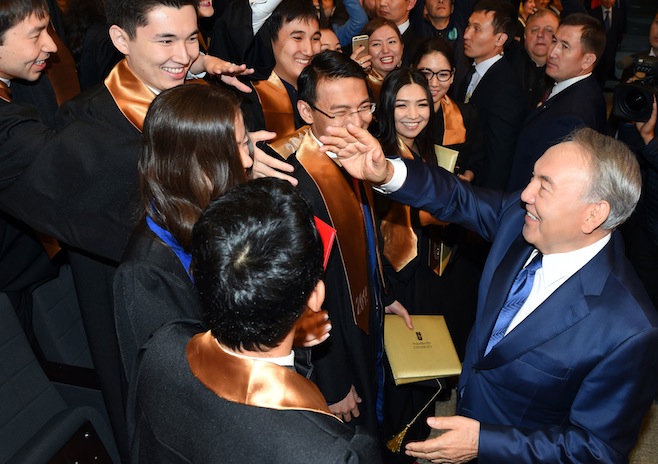
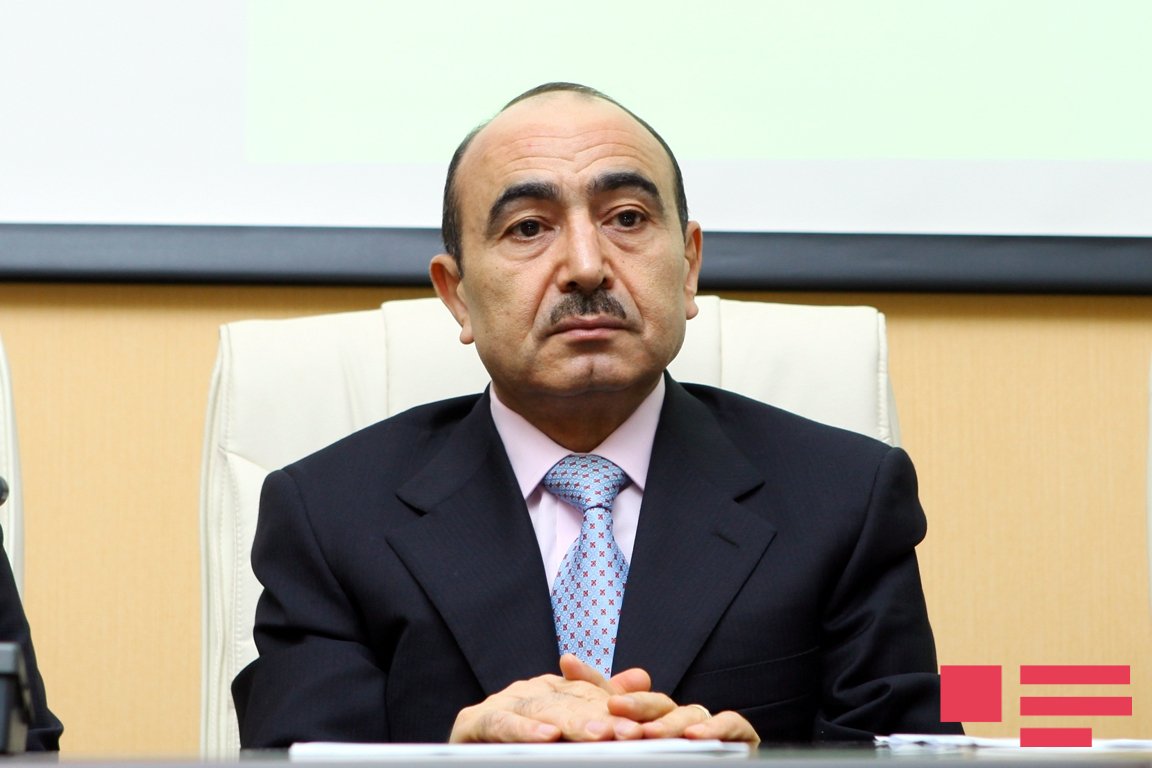 Step aside, CNN, and make room, Al Jazeera: an international news network is coming to break the current "monopoly" on news and promote a Turkic point of view. Media scholars like John Merrill may welcome a diversity of perspectives in the global news flow as a counterbalance to Western news companies and their takes. The caveat is that the latest new channel is a brainchild of four autocracy-prone governments; primarily of Kazakhstan's president-for-life, Nursultan Nazarbayev.
Step aside, CNN, and make room, Al Jazeera: an international news network is coming to break the current "monopoly" on news and promote a Turkic point of view. Media scholars like John Merrill may welcome a diversity of perspectives in the global news flow as a counterbalance to Western news companies and their takes. The caveat is that the latest new channel is a brainchild of four autocracy-prone governments; primarily of Kazakhstan's president-for-life, Nursultan Nazarbayev.
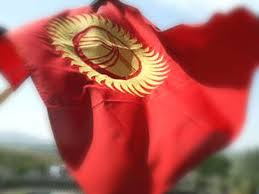 For all the ceremony that marked Kyrgyzstan’s entry into the Eurasian Economic Union, not much appears to have changed on the border with the only neighboring fellow member, Kazakhstan.
For all the ceremony that marked Kyrgyzstan’s entry into the Eurasian Economic Union, not much appears to have changed on the border with the only neighboring fellow member, Kazakhstan.
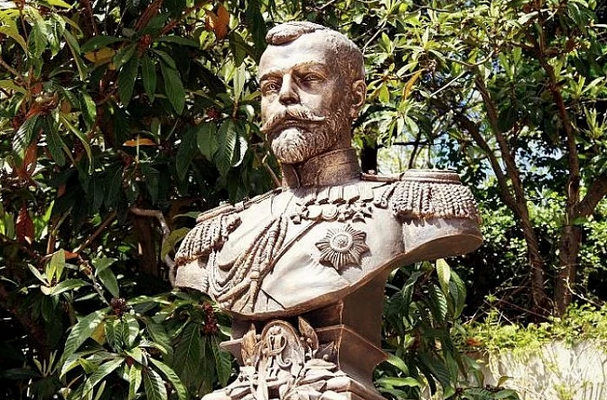 A row has erupted in northern Kazakhstan over the erection of a monument to Russian Tsar Nicholas II, who is reviled by many Kazakhs for his association with the bloody suppression of an uprising in 1916.
A row has erupted in northern Kazakhstan over the erection of a monument to Russian Tsar Nicholas II, who is reviled by many Kazakhs for his association with the bloody suppression of an uprising in 1916.
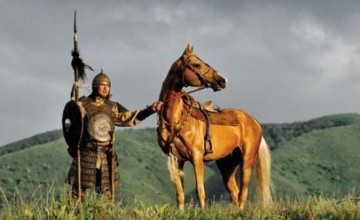 On August 4, 2015 at the George Washington University, the Kazakh Research Institute of Culture supported by the Embassy of Kazakhstan to the USA held the premiere screening of the two-part documentary film «Dasht-I-Kipchak: Secret Signs» within celebration of the 550th Anniversary of the Kazakh Khanate.
On August 4, 2015 at the George Washington University, the Kazakh Research Institute of Culture supported by the Embassy of Kazakhstan to the USA held the premiere screening of the two-part documentary film «Dasht-I-Kipchak: Secret Signs» within celebration of the 550th Anniversary of the Kazakh Khanate.
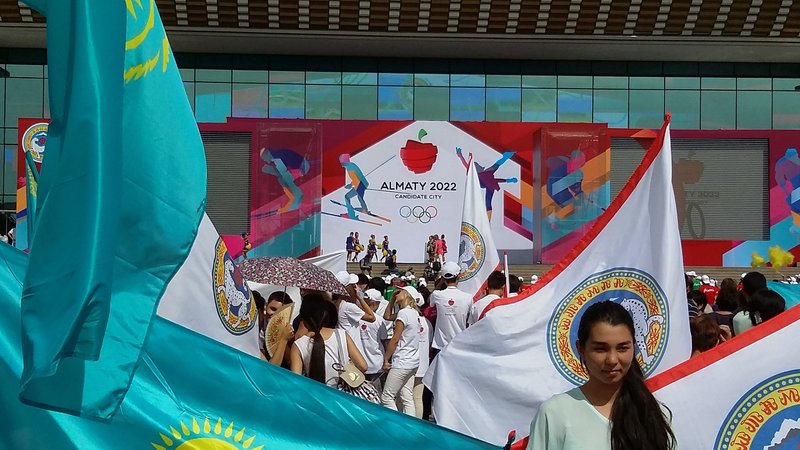 There was a moment of drama in global sports on Friday, when the International Olympic Committee chose Beijing to host the 2022 Winter Games. The loser was Almaty, Kazakhstan, a major city in an oil-rich central Asian nation that's trying to raise its profile on the international scene.
There was a moment of drama in global sports on Friday, when the International Olympic Committee chose Beijing to host the 2022 Winter Games. The loser was Almaty, Kazakhstan, a major city in an oil-rich central Asian nation that's trying to raise its profile on the international scene.
- Olympics-Oil cash to ease IOC concerns over Almaty bid-Kazakh PM
- Kazakhstan: Will Almaty Win the Winter Olympics?
- Central Asia crackdown on militant Islam risks backlash
- London property 'dirty money': How Kazakh secret police and bent Nigerian politicians play the system
- Net closing in on foreign criminals buying Britain's luxury homes to launder crooked cash

How a Chinese company exports the Great Firewall to autocratic regimes
More details
Kazakhstan diverting crude to Russia’s CPC as Azerbaijan deals with tainted oil
More details

